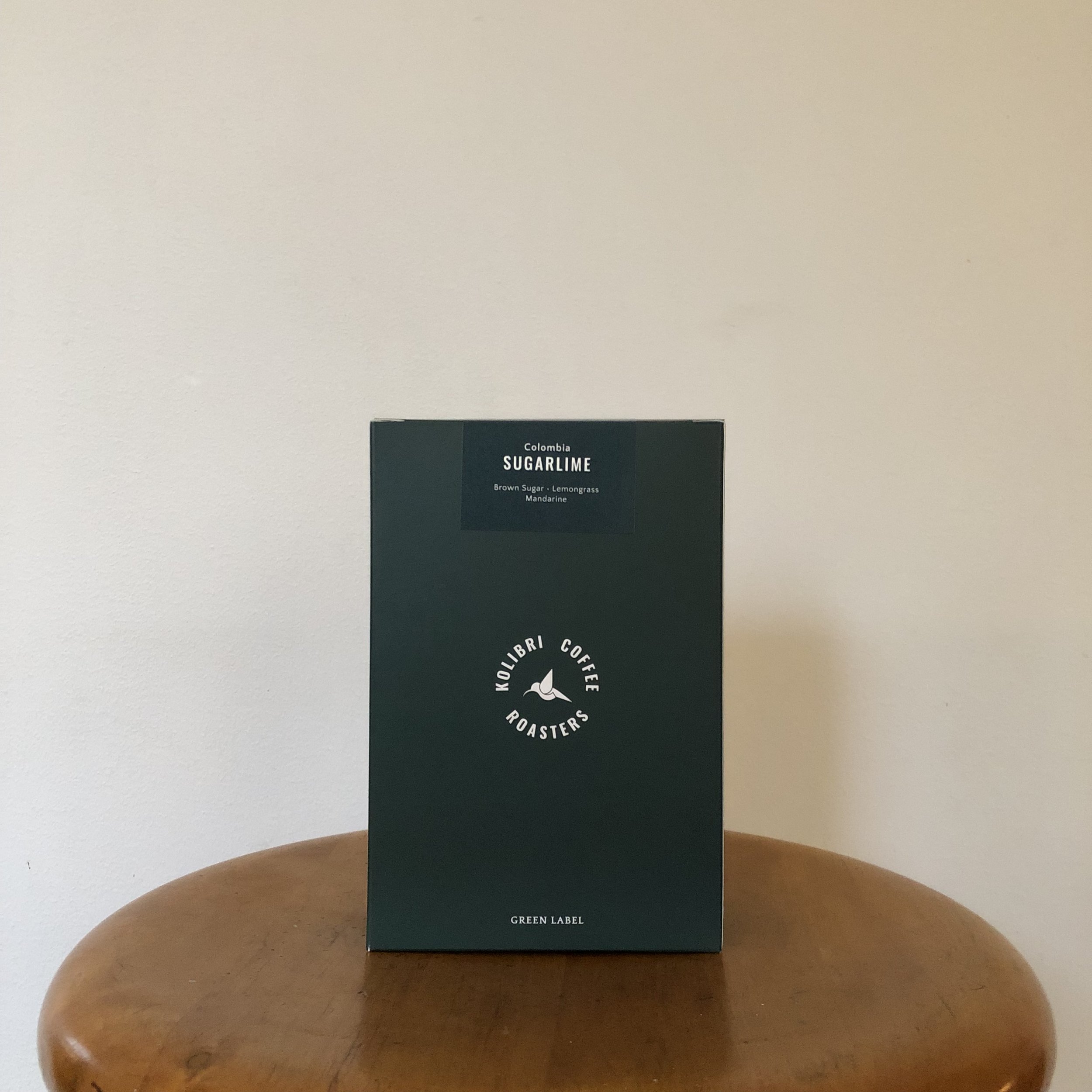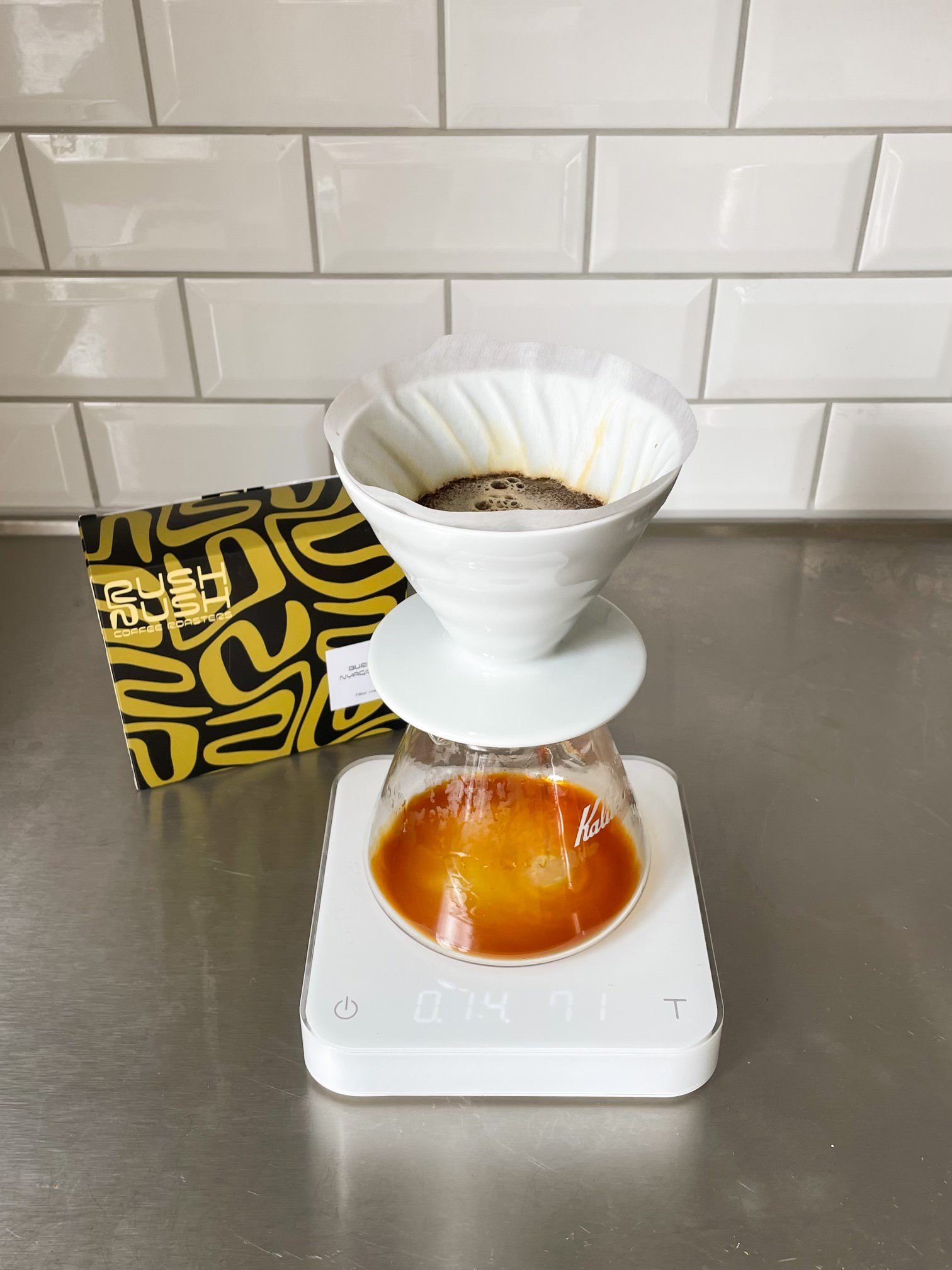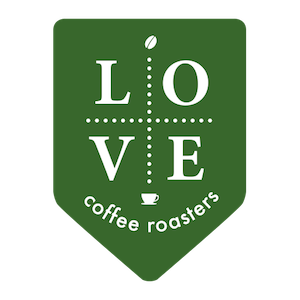How do you think CleverCoffee will evolve in the future? Have you got any specific goals?
Sure, we have many goals – but one of our main focuses right now it to develop our core business, which is to source, roast and present some of the world’s most interesting coffees, without adding unneeded complexity and doing it in a responsible way.
We believe strongly that we should have an environment impact, which is as low as possible. It is not easy but an important process where we have taken the first steps by only printing info sheets on our coffees on CO2-neutral paper, we are only using electricity that comes from windmills and we use recyclable coffee boxes to deliver coffee to coffee shops and hospitality businesses that are located nearby. Now, we are working on having our Misiones coffee registered as a Transparently Traded Coffee as we would like our customers to know how much the grower has been paid for his green coffee in order for them to make a more conscious choice more easily.
Additionally, we are exploring the opportunities to opening our own coffee bar but that would certainly add complexity to our business, but it also opens up for us to being able to display our coffees in our own way. Therefore, we are looking for likeminded and talented people from the hospitality business industry to take part in this project.
Many of our subscribers are tasting CleverCoffee for the first time. How would you describe coffee roasted by CleverCoffee?
Coffee comes from a fruit and we want you to taste this. We roast to highlight the natural sweetness and fruitiness in the coffee. This way all coffees will taste different and you can explore the huge variety there is in coffee.
We work exclusively with the most interesting coffee producers in the world. We buy our green beans directly from the farmer or through socially aware and skilled importers who, with great professionalism, add value in the form of knowledge about better production and organic initiatives while always having the best interest of the coffee farmer in mind. Simply, we feel that this is the right way to do business.
We have selected all of our coffees for their unique and exciting characteristics, and you can be sure that our selection always reflects the huge variation in flavor found in the world of coffee. Our coffees come from micro lots from all over the world. Carefully selected and gently profile roasted to the brighter side as to preserve the sweetness and the innate flavours in the bean. We omni-roast all coffees so you can brew them just the way you prefer.
What can we expect from this month’s coffees (Misiones, Ceiba and Biloya)?
As usual, we would like people to experience the diversity in specialty coffee and we aiming to do this by only having seasonal coffees in our lineup as well as having a limited number of coffees in our lineup. We believe that a lineup of 5-7 coffees that change with the harvesting season helps our customers appreciate the diverse tastes that lies within the world of specialty coffee.
Misiones
For us, the Misiones from Colombia is more than special. For a long time, we have been looking for a coffee that meets our quality and taste requirements, and a coffee, where we can trade directly with the producer. Therefore, we are extra proud of this coffee, which is our first directly traded coffee and at the same time exclusive to CleverCoffee in Denmark. Collectively this results in a sweet and transparent coffee with a balanced tasting experience.
The coffee plants grows in nutrient volcanic soil in 1500-1700 mas in areas with plenty of shade. The variety is Castillo, a typical Colombian variety known for its great sweetness and citrus aftertaste.
The coffee is as a fully washed coffee, to highlight the clean and transparent taste. The pickers are highly skilled and have picked the ripe cherries when the cherries have reached a sugar content of 14%. This highlights the coffees natural sweetness.
All of this combined, results in a sweet and transparent taste of ripe red berries and citrus in a great balance. It is a coffee with a high complexity where you will experience a change in taste depending on the temperature of the coffee. Grind it rather coarsely and you will get a super juicy coffee. If you grind the coffee finer, you will get a very sweet coffee. This coffee has a big spectrum to play with.
This is a great example of a classic Colombian coffee – and what the Castillo variety has to offer, when it has been grown and processed with the outmost care.
Origin: Colombia
Region: Cundinamarca
Washing station: Hacienda Misiones
Varietals: Castillo
Process: Washed
Altitude: 1500 - 1700 masl
Harvest: May 2018
Ceiba
Ceiba is a specialty coffee from the Huehuetenango region in Guatemala on the border to Mexico. Here we have a fantastic combination of the comfortable silky and creamy mouthfeel, as the coffee from the area is known for and the fresh fruitiness that our roast style emphasizes. This results in a balanced coffee that everyone can drink, while you can find a great complexity in new taste notes.
Ceiba is a sweet and balanced specialty coffee that gives a nice freshness with taste of milk chocolate, orange and vanilla. This is an easy-to-drink coffee that everyone likes while it contains a large complexity and it expresses new tasting notes clearly, if you let the coffee cool down a little.
Origin: Guatemala
Region: Huehuetenango
Washing station: Ceiba
Varietals: Caturra, Bourbon, Typica
Process: Washed
Altitude: 1350 masl
Harvest: Jan – April 2018
Biloya
Biloya from Ethiopia is the latest addition to our lineup and Biloya blew us away with a sharp cup profile: Clean, sweet and transparent with notes of red berries and red grapes. It is a beautifully balanced natural processed coffee and a great showcase of how fantastic a natural processed coffee from Yirgacheffe in Ethiopia can taste like.
Coffees brought to the Biloya washing station are grown between 1700-2000 meters above sea level. There are several tiers of drying tables on the slope below the washing station and Biloya’s workers turn and sort the cherries by hand as the coffees dry on raised beds. The mesh material allows for airflow both above and below the coffee to prevent the formation of any mildew or mold. It takes between 18 and 21 days for cherries to dry. Naturally processed coffees are milled to remove the dried cherry pulp and parchment at once, and then stored in a warehouse no closer than 50cm from the wall and 15cm from the floor before transport to the final processing warehouse in Addis Ababa where it is color sorted and packed for shipment.
Origin: Ethiopia
Region: Yirgacheffe
Washing station: Biloya
Variety: Heirloom
Processing: Natural
Altitude: 1850 masl
Harvest: January 2018
We hope you all enjoyed December’s box with CleverCoffee. Don’t miss out on our next roaster!





















































